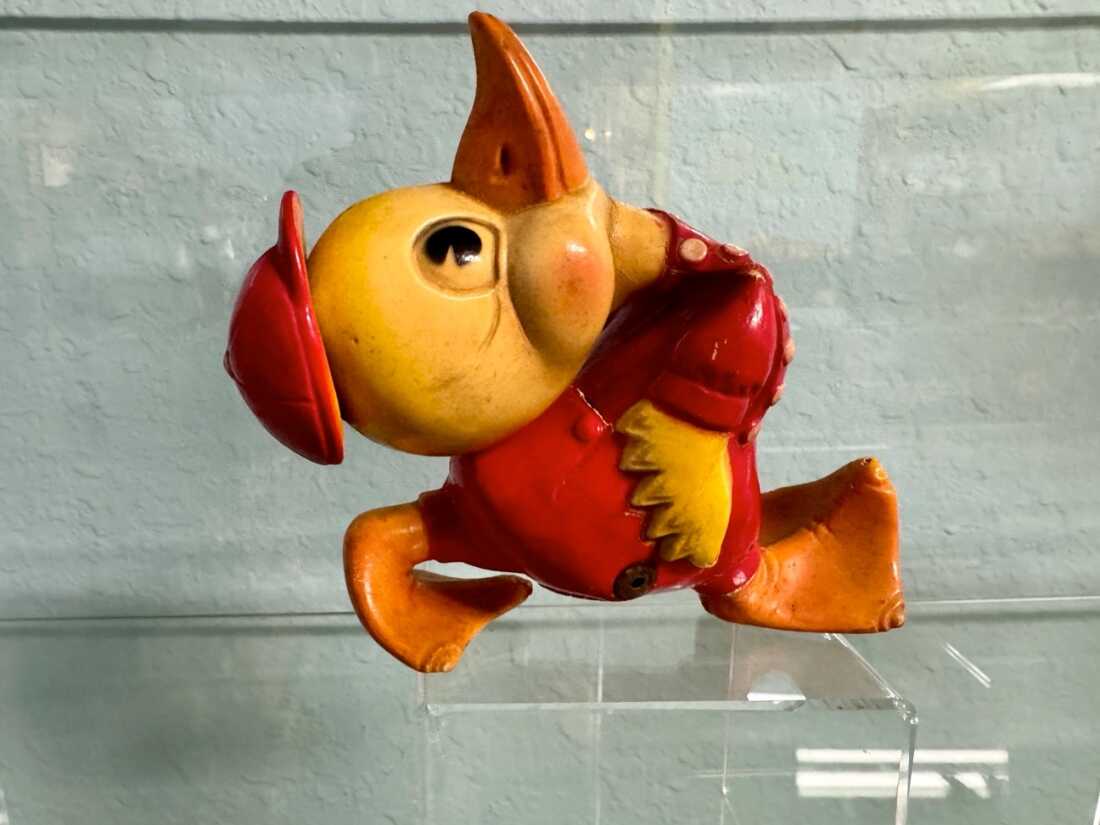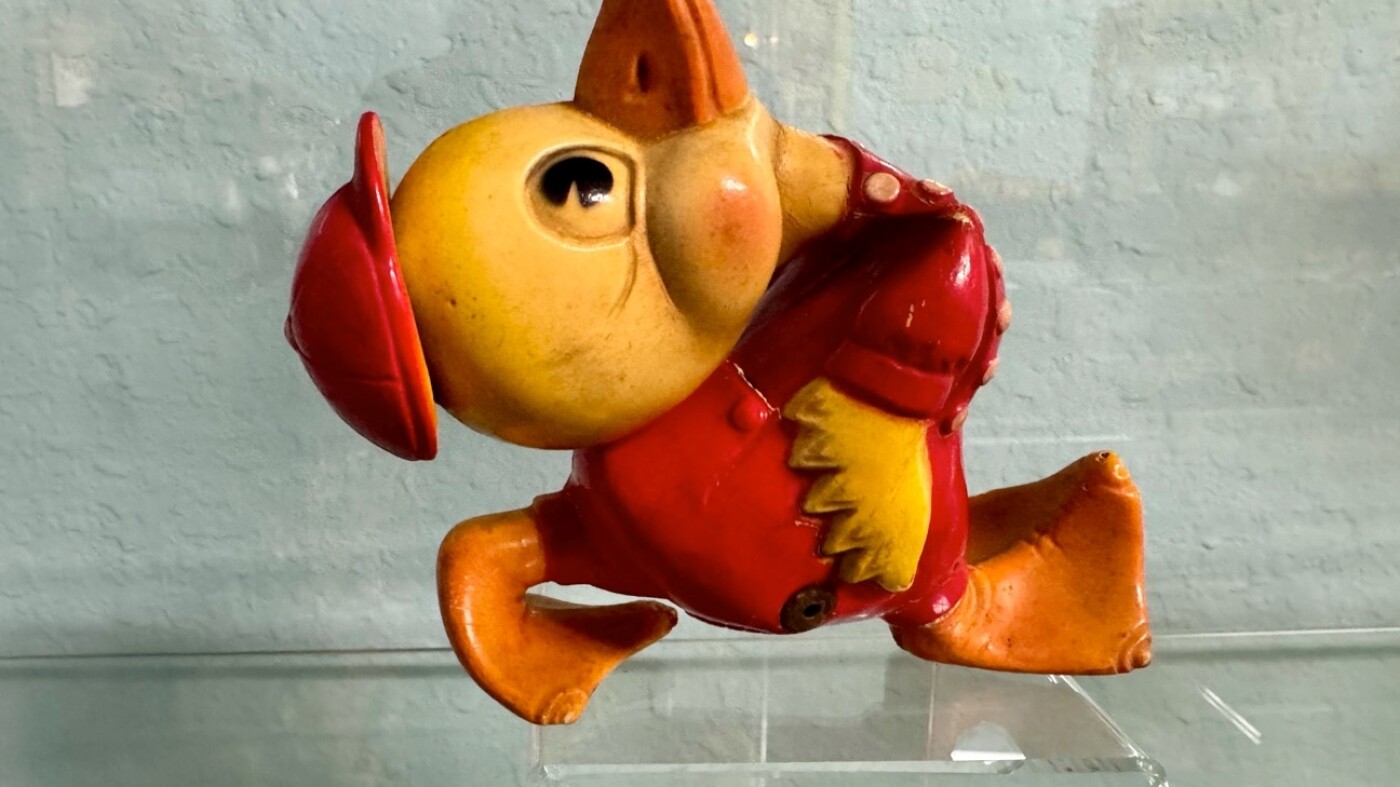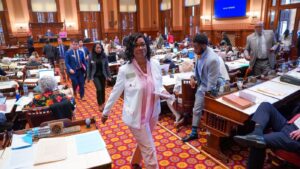The Uncertain Future of a Unique American Museum Tied to Canadian Relations
In a small, isolated town in Washington state, a museum dedicated to rubber ducks has become a surprising barometer of U.S.-Canada relations. The Rubber Duck Museum, nestled in Point Roberts, Wash., is situated in a U.S. exclave accessible only through Canada. This peculiar geographical setting underscores the town’s reliance on Canadian visitors, a dependence that has been strained by recent political tensions.
Owned by Neil and Krystal King, The Rubber Duck Museum showcases an eclectic collection of rubber ducks, ranging from Soviet-era relics to whimsical toys inspired by Disney and Sesame Street. While the museum boasts a collection of historical and celebrity-themed ducks, its financial lifeline is the sale of 3,000 ducks, which are currently not selling as expected.
The downturn in sales is linked to the broader political climate. Since the imposition of tariffs on Canada by the Trump administration and rhetoric about Canada becoming the 51st state, the number of Canadian tourists visiting the museum has dwindled. With tariffs on Chinese goods reaching 145%, the Kings are contemplating relocating their museum to Canada to escape these economic pressures.
Krystal King expressed the sentiment among Canadian patrons, stating, “They feel very offended by a lot of the rhetoric coming out of the White House right now.” The strain in relations was exacerbated in February when President Trump questioned the border treaty with Canada and expressed dissatisfaction with water-sharing agreements, leading to a stall in negotiations.
Trump’s tariffs, aimed at countries he accuses of exploiting the U.S., have been met with similar measures from Canada. Prime Minister Justin Trudeau encouraged Canadians to spend domestically, a move mirrored by a decline in cross-border traffic. According to the U.S. Bureau of Transportation Statistics, border crossings at Blaine, Wash., decreased by nearly 28% in March compared to the previous year. The U.S. Travel Association noted that Canadian visitors contributed $20.5 billion in spending last year.
The economic impact is compounded by the weakening of the Canadian dollar, making U.S. purchases less attractive. “It’s a pretty effective tool,” Krystal remarked, referring to the Canadian boycott, as the normally bustling town sees fewer visitors from the north.
The Kings, whose business relies heavily on Canadian tourists, face additional challenges from tariffs on Chinese-made goods. Krystal explained, “We already have to keep our prices artificially low because of the Canadian dollar versus the U.S. dollar.”
Despite opening the museum just a year ago, the Kings are preparing to move their collection across the border this summer. In Canada, they will avoid the hefty tariffs and the uncertainty of international policy shifts. They plan to remain residents of Point Roberts, where they are raising their daughter.
Even if the tariffs were lifted, the Kings would still relocate their museum, citing the unsustainable business environment. Neil King stated, “It’s just the instability of, you know, waking up every day and going, ‘Is today a tariff day or not?'”
While the move was not their preferred choice, the Kings see it as necessary to preserve their unique museum. “It’s not a choice between moving the ducks to Canada or keeping them here. It’s a choice between moving to Canada or closing,” Krystal concluded.

Neil King

Neil King
This article was originally written by www.npr.org






Be First to Comment